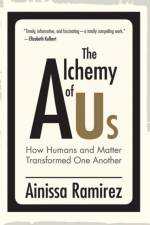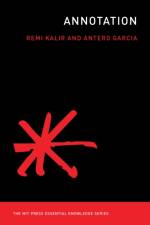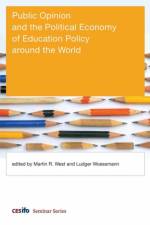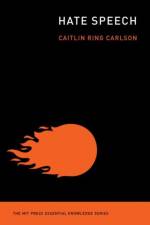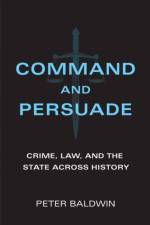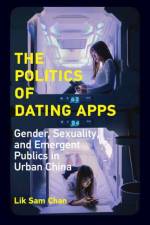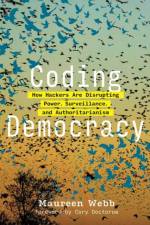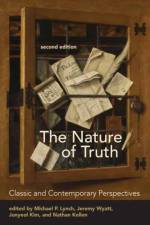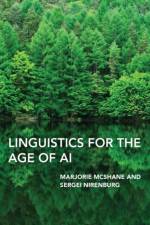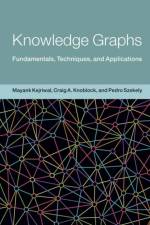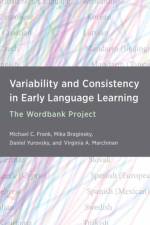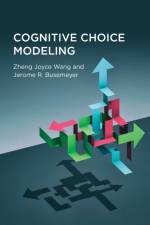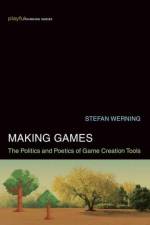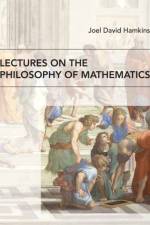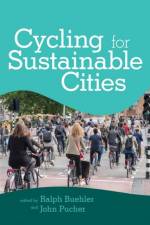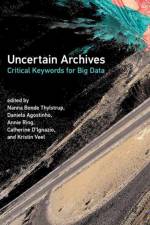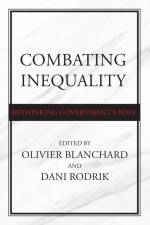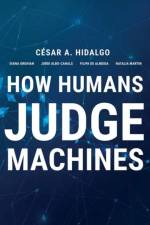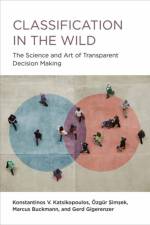av Dani Rodrik & Olivier Blanchard
299 - 409
Leading economists and policymakers consider what economic tools are most effective in reversing the rise in inequality.Economic inequality is the defining issue of our time. In the United States, the wealth share of the top 1% has risen from 25% in the late 1970s to around 40% today. The percentage of children earning more than their parents has fallen from 90% in the 1940s to around 50% today. In Combating Inequality, leading economists, many of them current or former policymakers, bring good news: we have the tools to reverse the rise in inequality. In their discussions, they consider which of these tools are the most effective at doing so.The contributors express widespread agreement that we need to aim policies at economic inequality itself; deregulation and economic stimulus will not do the job. No longer does anyone ask, in relation to expanded social programs, “Can we pay for it?” And most believe that US taxes will have to rise—although they debate whether the progressivity should focus on the revenue side or the expenditure side, through broad-based taxes like the VAT or through a wealth tax aimed at the very top of the income scale. They also consider the philosophical aspects of inequality—whether it is bad in itself or because of its consequences; the risks and benefits of more radical interventions to change the nature of production and trade; and future policy directions.ContributorsDaron Acemoglu, Philippe Aghion, Danielle Allen, Ben Ansell, David Autor, Sheri Berman, Marianne Bertrand, Olivier Blanchard, Lucas Chancel, William Darity Jr., Peter Diamond, Christian Dustmann, David T. Ellwood, Richard Freeman, Caroline Freund, Jason Furman, Hilary Hoynes, Lawrence F. Katz, Wojciech Kopczuk, N. Gregory Mankiw, Nolan McCarty, Dani Rodrik, Jesse Rothstein, Emmanuel Saez, T. M. Scanlon, Heidi Shierholz, Tharman Shanmugaratnam, Stefanie Stantcheva, Michael Stynes, Laura D'Andrea Tyson, Philippe Van Parijs, Gabriel Zucman

